News
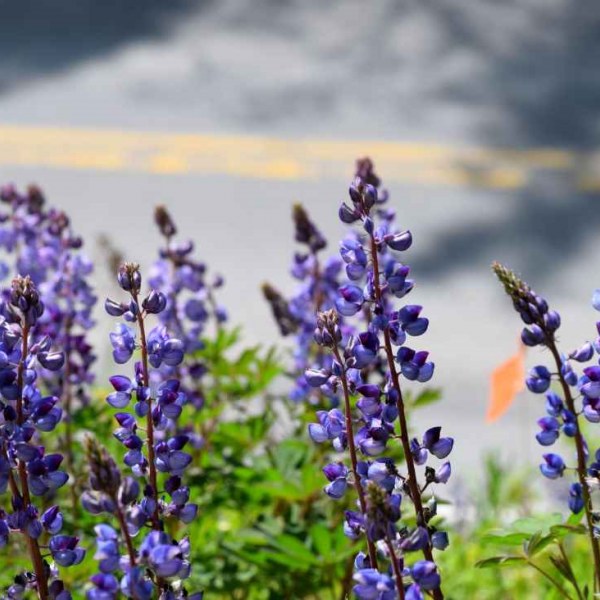
Jan 31, 2024
Edge habitats along roads and power lines may be key to conserving rare plants
Edge habitats created by natural or human-caused disturbances provide prime opportunities for encouraging the establishment and reproduction of rare native plants, the researchers reported in a new study published in Plant Ecology
Full Article
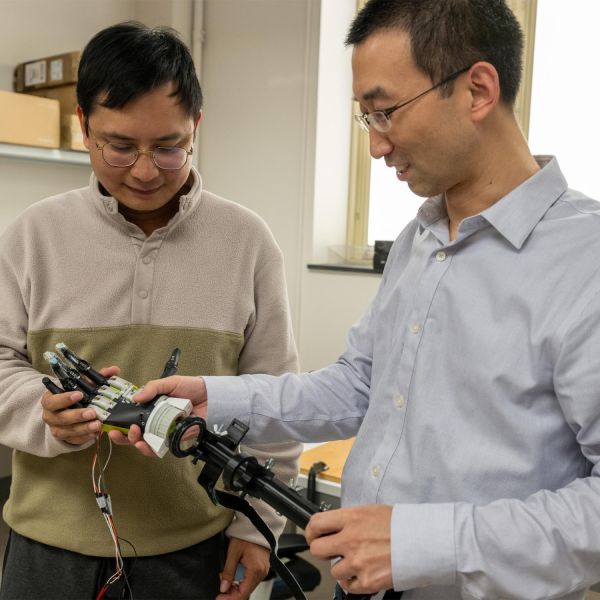
Jan 30, 2024
$4M grant funds project to make robotic prostheses more like biological limbs
Prosthetic hands that incorporate robotics can perform dexterous self-care tasks, but they are often hard to operate, requiring a user’s constant attention with a limited number of hand functions. With a five-year, $4 million U.S. National Science Foundation grant, Penn State researchers aim to make robotic protheses more useful for people living with amputations.
Full Article
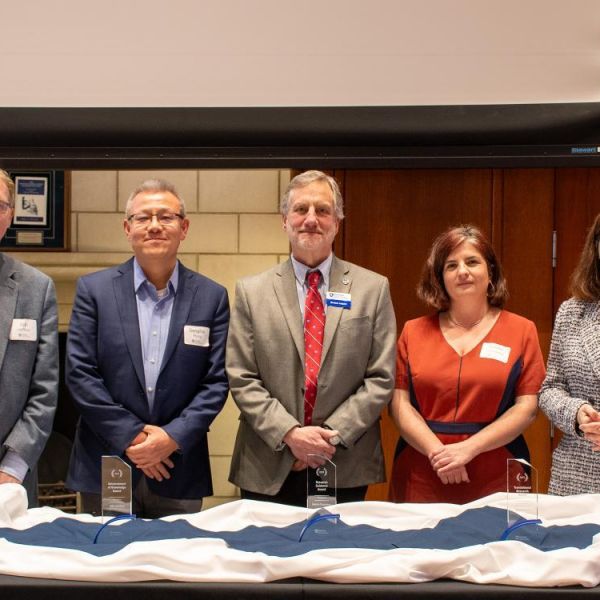
Jan 29, 2024
Six researchers recognized with Institute of Energy and the Environment Awards
Six Penn State researchers were recognized with Institute of Energy and the Environment’s (IEE) Research Awards at the IEE reception on Jan. 18 at the Hintz Family Alumni Center
Full Article

Jan 29, 2024
Penn State entomologists appointed to national committee on pollinator research
Two entomologists in Penn State’s College of Agricultural Sciences have been appointed to serve on a new U.S. Department of Agriculture subcommittee on pollinators
Full Article
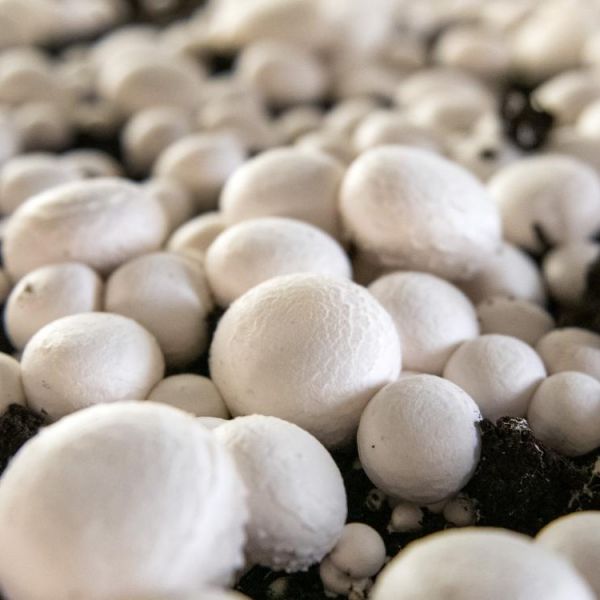
Jan 29, 2024
Fungi into the future
Penn State researchers have aided the state’s important mushroom industry for nearly 100 years, and they’re still going strong. But mushrooms aren’t just for eating anymore
Full Article
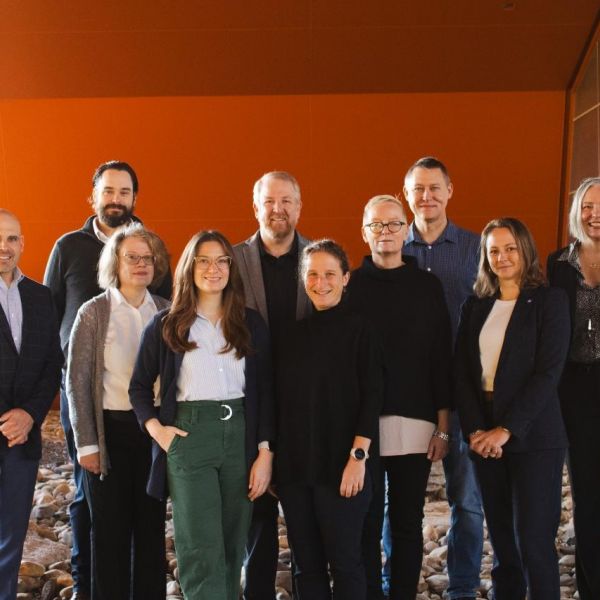
Jan 25, 2024
Penn State, QIAGEN announce strategic partnership to advance microbiome sciences
Penn State, known for innovations in interdisciplinary research, and QIAGEN LLC, a leader in sample-to-insight solutions, have signed a memorandum of understanding (MOU) to foster advancements in microbiome sciences
Full Article
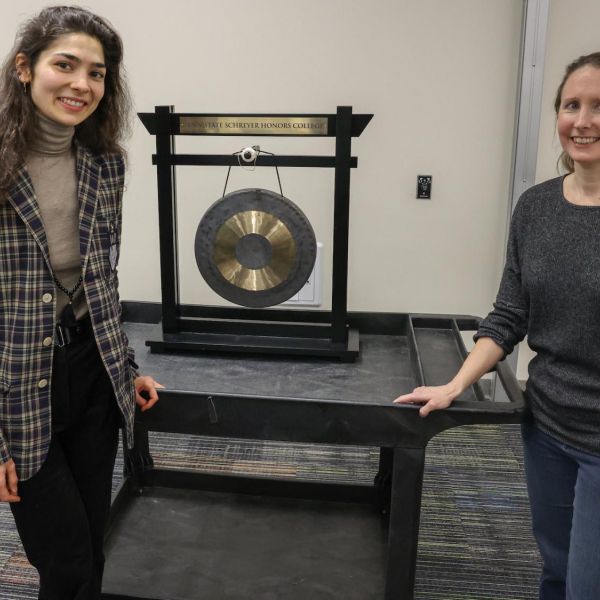
Jan 25, 2024
Undergraduate research may contribute to COVID-19 treatments
Brandywine undergraduates worked with professor to investigate potential new therapies to inhibit an enzyme that helps the coronavirus replicate
Full Article
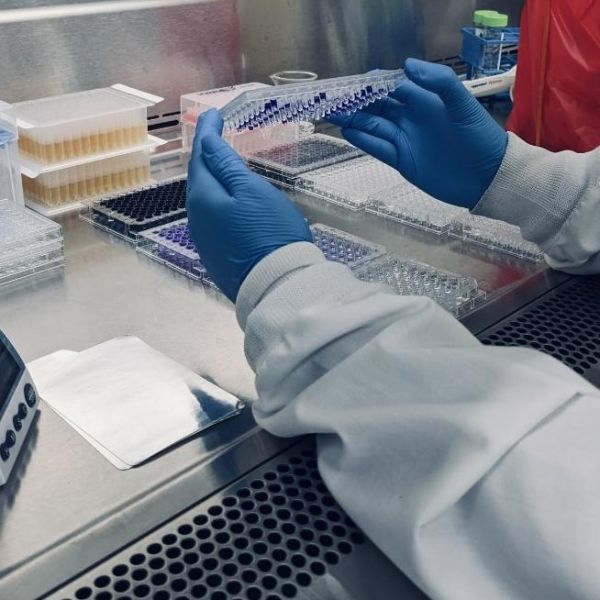
Jan 24, 2024
Foodborne-pathogen Listeria may hide from sanitizers in biofilms
An estimated 1,600 people in the U.S. contract a serious infection from Listeria bacteria in food each year. Penn State researchers may now better understand how the bacteria, called Listeria monocytogenes, survive and persist in fruit-packing plants by evading and surviving sanitizers.
Full Article
Jan 23, 2024
Podcast reveals the scale and complexity of global water challenges
Second only to the air we breathe, safe drinking water is the most indispensable element on Earth for human survival. Each of us requires it to live. But alarmingly, roughly one quarter of the global population struggles to attain it, according to the United Nations.
Full Article
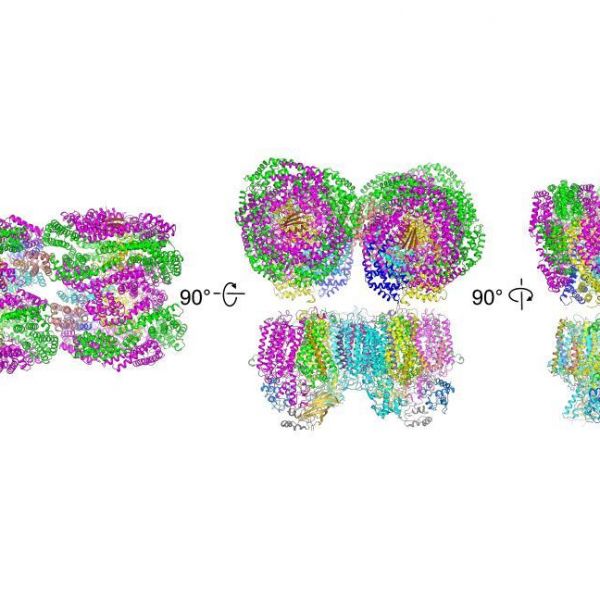
Jan 22, 2024
Altered light-harvesting complex in a cyanobacterium allows low-energy light use
Researchers have isolated and determined the molecular structure of the light-harvesting antenna that helps some cyanobacteria — formerly referred to as blue-green algae — produce energy through photosynthesis even in lower-energy light.
Full Article